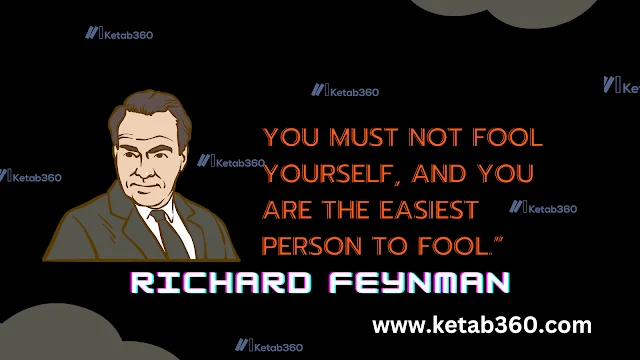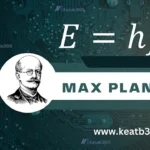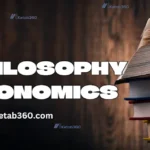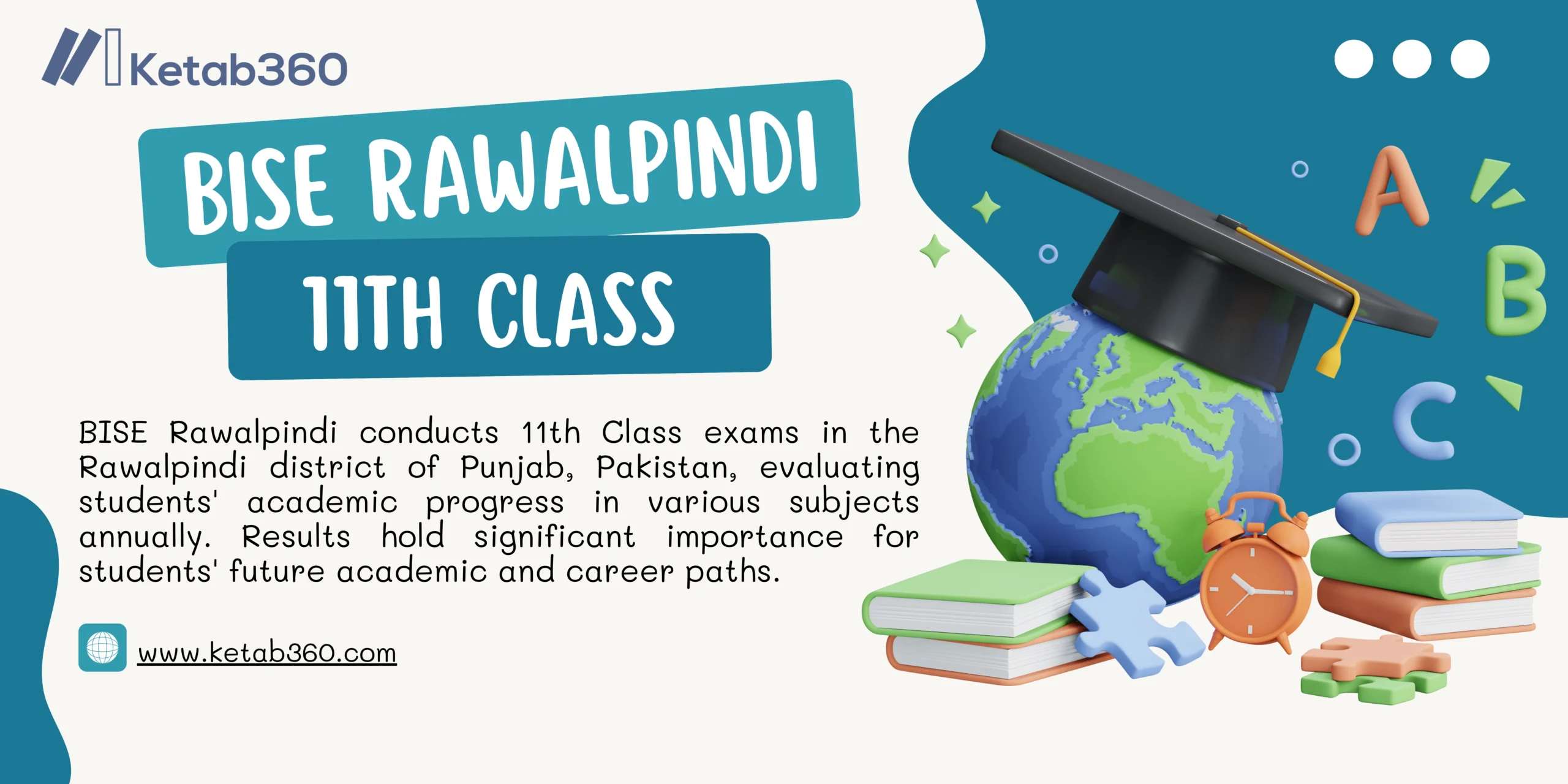Richard Feynman: Unraveling the Quantum World and the Art of Teaching
Richard Feynman, a name synonymous with brilliance, curiosity, and a deep understanding of the quantum world, left an indelible mark on the field of theoretical physics. In this exploration of Feynman’s life and work, we journey through the intricate landscapes of quantum mechanics, the transformative insights he brought to the scientific community, and his unique approach to teaching that continues to inspire learners around the world.
Early Years and Academic Journey :
Born on May 11, 1918, in Queens, New York, Richard Phillips Feynman exhibited an early aptitude for mathematics and science. His insatiable curiosity and irreverent approach to problem-solving set the stage for a remarkable academic journey. Feynman graduated from the Massachusetts Institute of Technology (MIT) in 1939 and went on to pursue a Ph.D. at Princeton University under the guidance of John Archibald Wheeler.
Feynman’s doctoral research focused on the development of a mathematical formulation of quantum mechanics. Even in these early years, his unique insights and innovative thinking hinted at the groundbreaking contributions that would define his future career.
Quantum Electrodynamics (QED) :
One of Feynman’s most notable contributions came in the realm of quantum electrodynamics (QED). Working alongside Julian Schwinger and Tomonaga Sinichiro, Feynman independently formulated a visual and intuitive approach to quantum mechanics. His “Feynman diagrams“ provided a graphical representation of particle interactions, simplifying complex mathematical calculations and offering new insights into the behavior of subatomic particles.
In 1965, Feynman was awarded the Nobel Prize in Physics along with Schwinger and Sinichiro for their work in the field of quantum electrodynamics. Feynman’s approach to QED not only earned him recognition but also paved the way for advancements in theoretical physics, laying the foundation for the development of the Standard Model.
Charm, Wit, and the Art of Teaching :
Beyond his groundbreaking research, Richard Feynman was known for his charismatic personality, wit, and ability to communicate complex scientific concepts with clarity and enthusiasm. His lectures at the California Institute of Technology (Caltech) are legendary, showcasing his unique teaching style that blended profound insights with a sense of humor.
Feynman’s famous undergraduate lectures, later compiled into the three-volume set “The Feynman Lectures on Physics,“ became a cornerstone in physics education. These lectures not only covered the fundamental principles of physics but also conveyed Feynman’s passion for the subject. His ability to demystify complex topics and make them accessible to a wide audience is a testament to his extraordinary communicative skills.
Adventures in Visualization :
Feynman’s penchant for visualization extended beyond his diagrams. He had a remarkable ability to “see” and intuitively understand physical phenomena, often using thought experiments and simple visualizations to convey complex ideas. His approach to understanding quantum mechanics, which he described as “shut up and calculate,“ emphasized the importance of results and insights over the intricacies of formalism.
His famous O-ring demonstration during the investigation of the Space Shuttle Challenger disaster in 1986 is a prime example of his talent for simplifying complex concepts. Using a glass of ice water and a piece of the shuttle’s O-ring material, Feynman demonstrated the effect of low temperatures on the rubbery material, elucidating the cause of the tragedy for the investigative committee and the public.
Beyond Physics, A Renaissance Man :
Richard Feynman’s brilliance extended beyond the confines of theoretical physics. He was a true Renaissance man, with interests ranging from playing musical instruments to exploring the mysteries of biology. Feynman’s insatiable curiosity led him to delve into various fields, contributing his unique perspectives and insights.
His involvement in the investigation of the Challenger disaster, as well as his role in the Manhattan Project during World War II, showcased his commitment to addressing real-world challenges. Feynman’s ability to bridge the gap between theoretical concepts and practical applications demonstrated the versatility of his intellect.
Legacy and Impact:
Richard Feynman’s legacy is deeply woven into the fabric of modern physics and education. His contributions to quantum electrodynamics and his innovative teaching methods have left an enduring impact. The Feynman diagrams, initially introduced as a tool for simplifying calculations, have become a standard notation in particle physics.
The Feynman Lectures on Physics continue to be a source of inspiration for students, educators, and enthusiasts. Feynman’s emphasis on intuition, visualization, and the joy of discovery resonates with those seeking to understand the wonders of the universe.
In recognition of his contributions, numerous honors and awards bear Feynman’s name, and his books remain influential in shaping the minds of aspiring scientists. The Feynman Prize in Nanotechnology, established to recognize advancements in the field, is a testament to the ongoing impact of his ideas.
Conclusion: A Legacy of Curiosity and Discovery :
Richard Feynman’s journey through the quantum world and the art of teaching reflects a life devoted to the pursuit of knowledge and the joy of discovery. His intellectual contributions, whether through groundbreaking research or engaging lectures, continue to inspire generations of scientists and learners.
Feynman’s unique blend of charm, wit, and deep insight into the mysteries of the universe sets him apart as a scientific icon. His legacy is not only etched in the annals of theoretical physics but also in the hearts and minds of those who have been captivated by the beauty and complexity of the natural world.
As we reflect on Richard Feynman’s extraordinary life, we celebrate not only the depth of his contributions to science but also the infectious passion he shared with the world. Feynman’s legacy is a reminder that the pursuit of knowledge is not just an academic endeavor but a journey filled with curiosity, imagination, and the joy of understanding the wonders that surround us.






